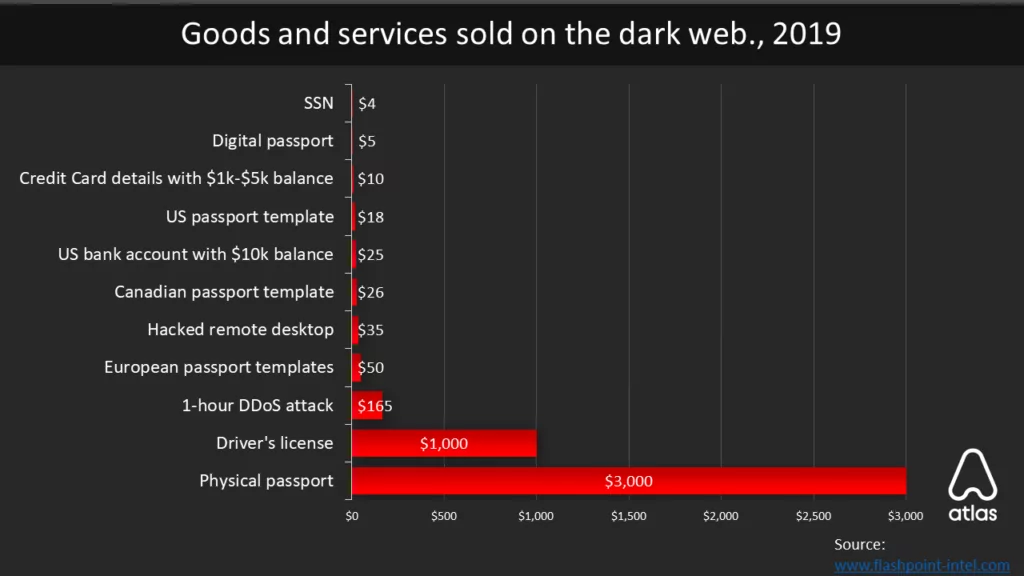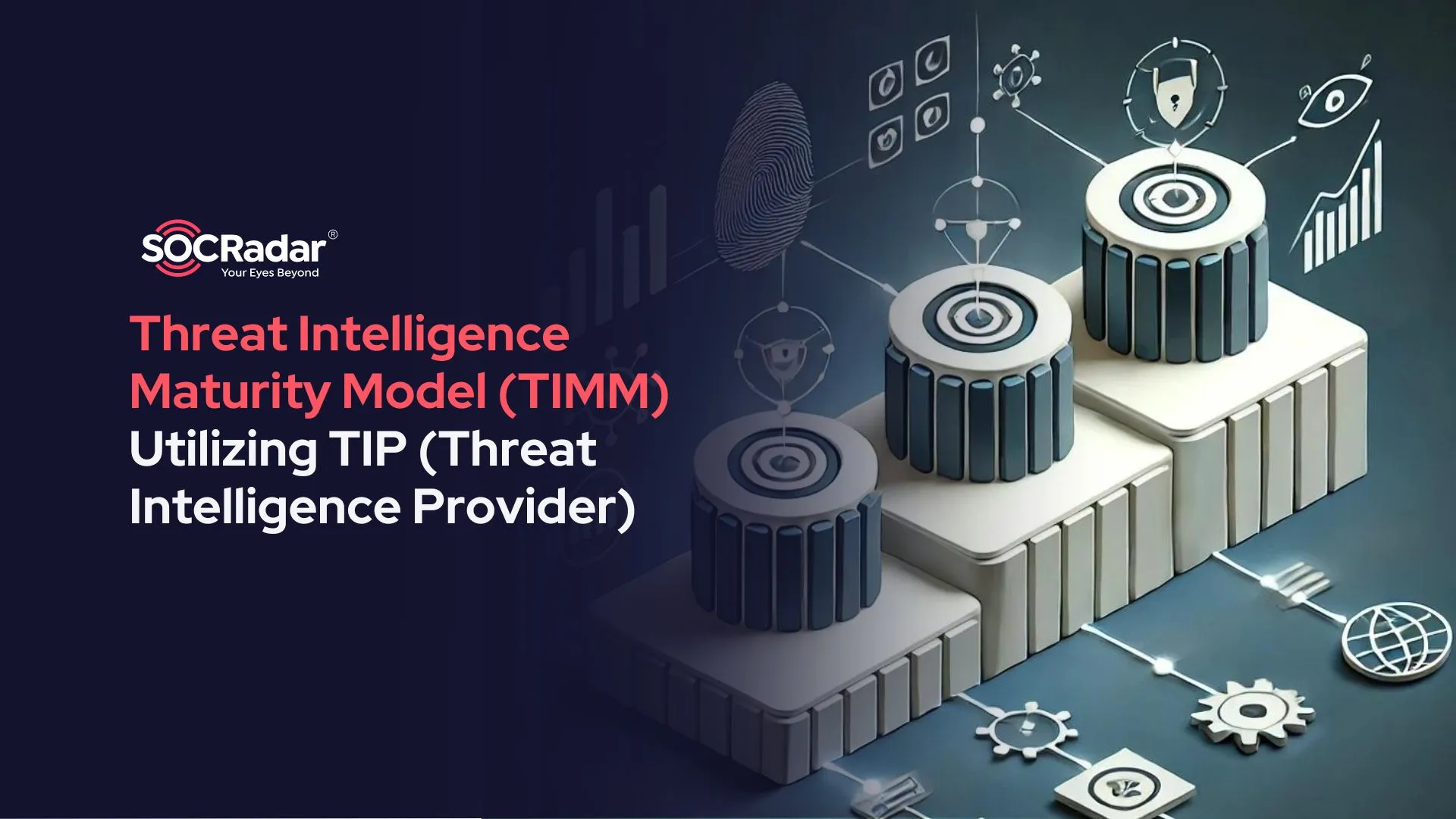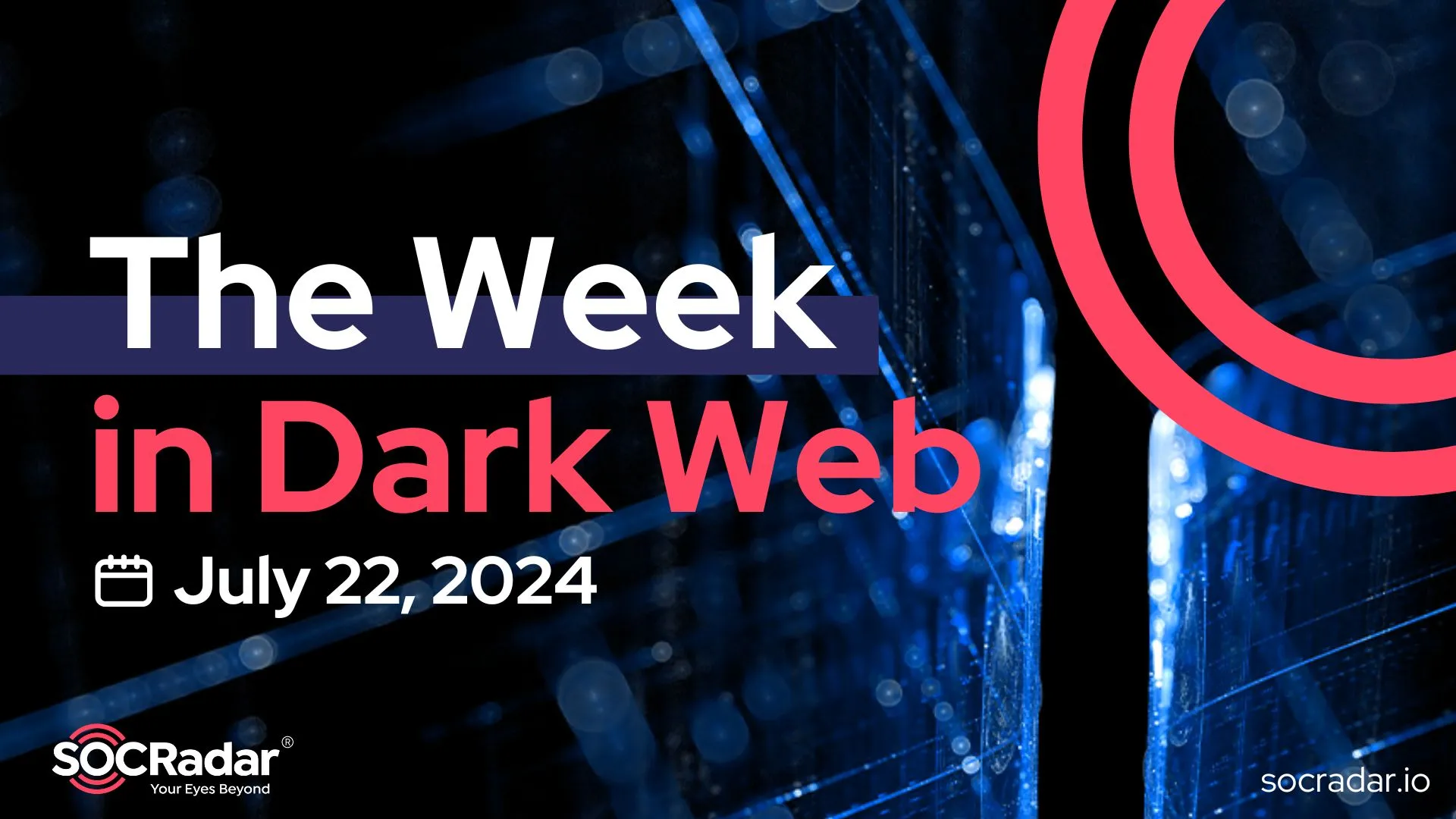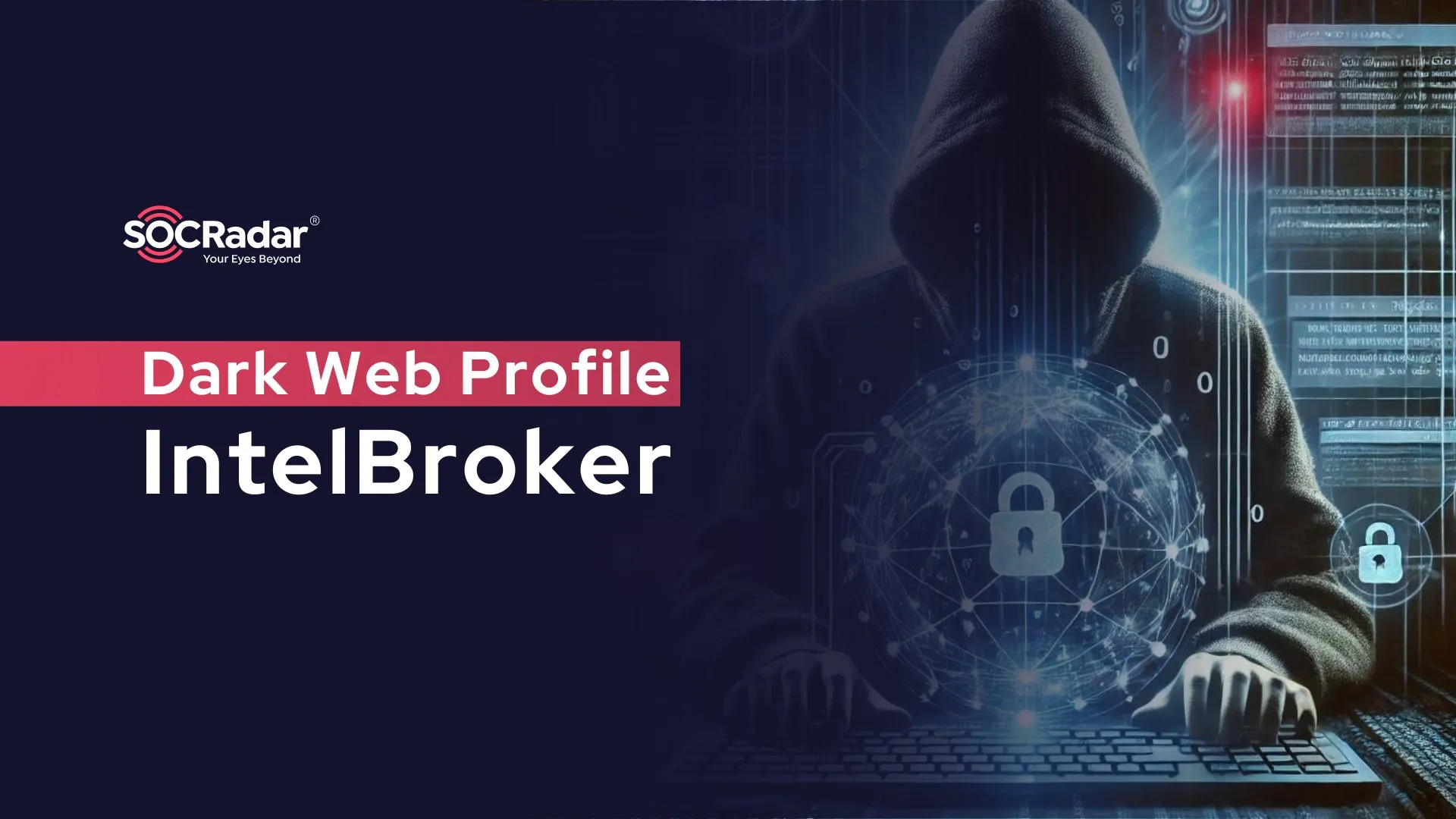
What Cyber Security Experts Think: How to Make Money on the Dark Web?
People increasingly purchase and sell items in the Internet’s most obscure corners. Amazon, Shopify, Walmart, and eBay are all well-known e-commerce platforms. These are frequently the first internet stores where we purchase our goods.
However, if you’re looking for something more “mysterious,” there’s a whole world called the Dark Web where you can buy almost anything. Many of these products and services are illegal, and nearly none of these websites market them.
What are the Most Common Products and Services Sold on the Dark Web?
On the Dark Web, one of the most valuable commodities is various types of information that may profit the buyer but will undoubtedly harm the legitimate owner. Here are several examples:
- Credit Card Information
- Security Plans and Blueprints
- Personal and Business Financial Records
- Formulas and Trade Secrets
- Medical Records

How Cyber Threat Actors Steal Information
Public Wi-Fi Hackers
Cybercriminals sometimes target users who use computers at a coffee shop or another public location. They don’t even have to be connected to Wi-Fi to be harmed. According to the Georgia Institute of Technology, this is the case. Even if you’re not connected to the Internet, the criminals are looking for low-power electronic signals from your computer or smartphone, which might expose your online activity, passwords, and other sensitive information.
Targeting Company Chat System
In the workplace, group chat apps are prevalent. They’ve been hacked on occasion. Names, usernames, email addresses, passwords, and phone numbers were among the data obtained.
Advice: If you use group chat software at work, ensure it’s encrypted “end-to-end.” Only the sender’s and recipient’s devices should be able to read the messages. It’s good to ask your organization if your chat service is encrypted “end-to-end.” If not, it may be time to consider switching your company’s chat platform.
Phishing and Social Engineering
Humans are imperfect and impressionable animals. We’re also more likely to make poor decisions when we’re rushed. Social engineering, a psychological con trick aimed to get us to do something we shouldn’t, is one way cybercriminals exploit these flaws.
The most well-known example is phishing. Hackers pose as genuine entities, such as friends, family, companies with whom you’ve done business, etc. The email or text you receive may appear to be legitimate, but it will contain a malicious link or file that, if clicked, will download malware or direct you to a page where you must enter your personal information.
Malware
Malware is another systematic method of obtaining your passwords. Phishing emails are a common vector for this type of attack. Still, you could also be a victim by clicking on a malicious online advertisement (malvertising) or visiting a hacked website (drive-by-download). It has been proved numerous times. Malware may be concealed in a legitimate-looking mobile app, frequently found on third-party app stores.
There are many types of data-stealing malware, but the most typical ones are meant to record your keystrokes or snap images of your device and email them back to the attackers.
How Cybersecurity Experts Detect Stolen Information
Many small and mid-sized businesses have security systems that include cameras, motion detection, and sensors on windows and doors that are typically monitored by a security firm 24 hours a day, seven days a week.
This service will not only detect an intruder but will also quickly notify authorities so that they may be stopped. Even if their physical assets are protected, many small and mid-sized organizations lack the resources to identify and contain sophisticated cyberattacks on their systems, networks, and devices before they cause significant damage.
Fortunately, SOCRadar’s instant breach response has grown such that non-enterprise organizations with minimal resources may detect cyber attacks quickly and take action to prevent further damage.
SOCRadar combines artificial intelligence technologies and cybersecurity experts to actively search for and discover data security anomalies and respond in real-time to prevent threats. Regular reports document the health of their cyber health, any suspicious behavior or vulnerabilities discovered, and these cybersecurity professionals provide ideas for improvement to key stakeholders.
Small and midsized enterprises use SOCRadar’s Extended Threat Intelligence (XTI) Solutions to assist solve costly security gaps in people, procedures, and technology, such as:
- Providing continuous 24/7 data security monitoring and threat hunting
- Cost-effectively modernizing cybersecurity using technology handled by professionals
- Preparing for regulatory and industry compliance, as well as risk evaluations of third-party vendors
- Having a better understanding of suspected cyber threats
Discover SOCRadar® Free Edition
With SOCRadar® Free Edition, you’ll be able to:
- Discover your unknown hacker-exposed assets
- Check if your IP addresses tagged as malicious
- Monitor your domain name on hacked websites and phishing databases
- Get notified when a critical zero-day vulnerability is disclosed
Free for 12 months for 1 corporate domain and 100 auto-discovered digital assets.
Get free access.


































